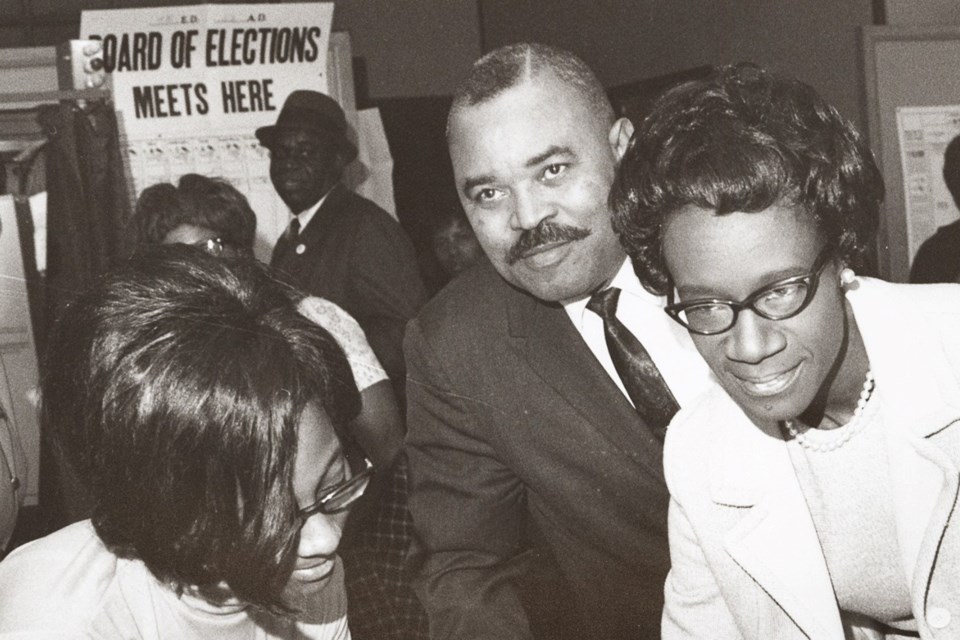The City University of New York has received a $2 million grant from the Mellon Foundation to create a centralized institutional archive that is expected to make more historic material easier to find.
The material includes thousands of digitized photographs, news clippings, historical documents, video footage and oral histories contained in the CUNY Digital History Archive and campus archives.
The funding will be used to establish a single public point of access for its 31 libraries and many of its 100 cultural centers and institutes, many of which house collections of significant historical interest.
The project will also create public access to CUNY’s Central Office University Archives, a collection of thousands of administrative and internal records dating to 1926.
“CUNY has been a focal point for waves of newly arrived Americans and social justice movements that have transformed higher education, and its history is richly intertwined with that of New York City and the United States," CUNY Chancellor Félix V. Matos Rodríguez said in a news release.
"As a historian, this gift and what it means for the preservation of CUNY’s story, brings me tremendous joy.”
The funding will allow the CUNY Central Office of Library Services to hire three full-time archivists. They will work with students from the Queens College Graduate School of Library and Information Studies to sort and inventory the resources currently in CUNY’s libraries and records warehouse.
The grant will also support a large cohort of Faculty Fellows, who will promote teaching with archives by incorporating material from the collections into their course curricula.
“Faculty are hungry for opportunities to work with primary sources in the classroom, such as those found in the CUNY Digital History Archive," added Kristin Hart, the university's dean of libraries and information resources, who will serve as the project’s principal investigator.
Created in 2014, the CUNY Digital History Archive is an open, participatory archive of curators, historians, archivists and others who are committed to collecting, preserving and amplifying CUNY history so it can support faculty research and teaching and be shared with students and the public.
The new project will make available thousands of previously inaccessible records from the Central Office archives — currently contained in 7,000 boxes that will be sorted and cataloged.
Many files and documents are related to the stories of emerging communities that fought for access public higher education, the university said.
These include documents about the formation of Hostos Community College and Medgar Evers College in response to demands from the Latino and Black communities, as well as the adoption of CUNY’s open admissions policy in 1970 and papers from its architect, senior vice chancellor Julius Edelstein, who also worked with Shirley Chisholm, Percy Ellis Sutton and others drafting legislation that led to the creation of the Percy Ellis Sutton SEEK program and College Discovery.
CUNY librarians have noted a surge in scholarly interest in the university's history as it relates to diversity, social mobility and social movements, which has also been seen in films such as “The Five Demands,” books such as “New York Liberation School” and digital humanities resources like The CUNY 1969 Project.
CUNY’s 31 libraries, all of which are open to any CUNY student, serve more than 14 million visitors annually, with holdings that include 6.2 million books, more than 3,500 databases for science, law and other topics, more than 300,000 electronic books and many unusual pieces of memorabilia.




